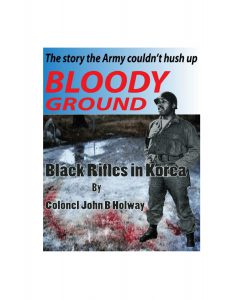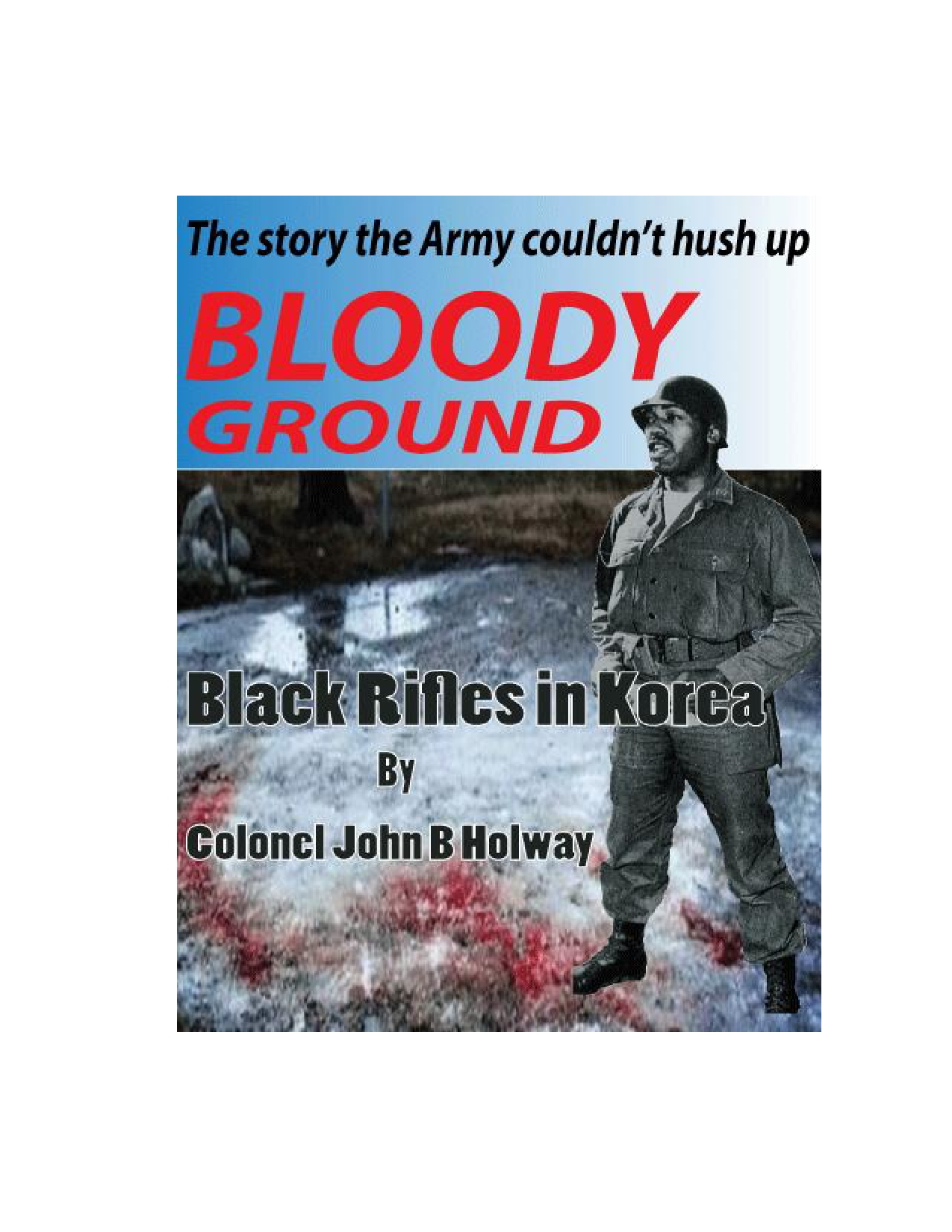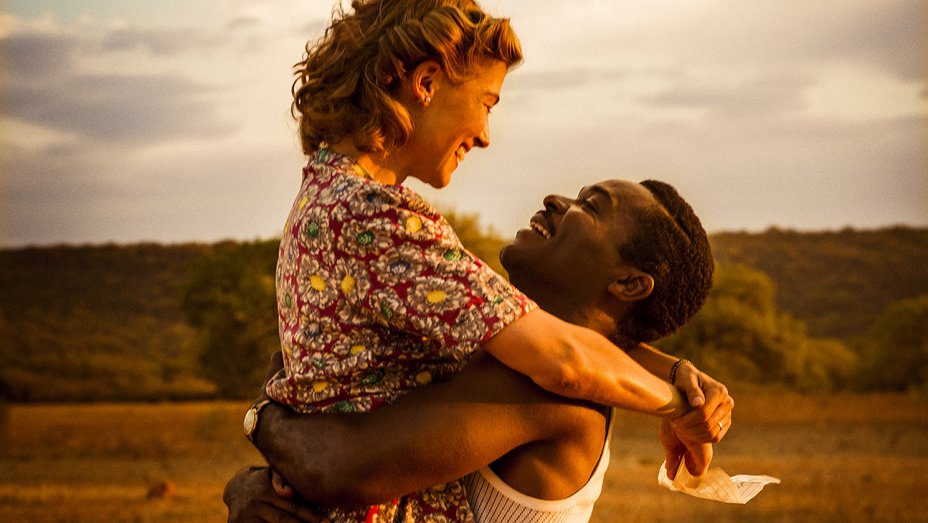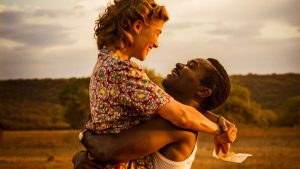Free Ebook — Bloody Ground: Black Rifles in Korea
Posted on February 10, 2017 at 8:30 am

In honor of Black History Month, John Holway’s extraordinary book, Bloody Ground: Black Rifles in Korea is free for five days. (It’s also available on paperback for $18).
In Bloody Ground, Black soldiers tell their own stories about fighting in the Korean War. Korea is “the forgotten war.” But to those who fought in it, it was the “unforgettable war.” If the names of all those killed were put on a wall, it would be larger than the Vietnam Wall. And Korea lasted only three years, Vietnam about ten. The agony of the winter of 1950-51 is an epic to compare with Valley Forge and the Bulge. Korea was also our last segregated war. This is the story of the black 24th Infantry Regiment, told in the words of the men themselves. Like all black troops since the Civil War, they were reviled by whites and their own commander for “bugging out” – running before the enemy. The charge can still be read in the Army’s own official histories. Yet the 24th left more blood on the field than their white comrades – if they did bug out, they must have been running the wrong way. It’s a good thing we weren’t with Custer,” one black GI muttered – “they’d have blamed the whole thing on us.” The 24th won the first battle of the war, won its division’s first Medal of Honor, and guarded the shortest and most vulnerable road to Pusan. If the port had fallen, the war would have been lost, leaving a red dagger pointed at Japan. It did not fall. That winter, after the Chinese attacked, the entire American army bugged out in perhaps the worst military disaster in American history. “That,” said another black veteran, “was when I learned that whites could run as fast as blacks.” This is the story of those unsung heroes, who helped turn the Communist tide for the first time. The men bring that forgotten war and their own unsung bravery to life in their own sometimes funny, often heart-breaking, and always exciting words.



